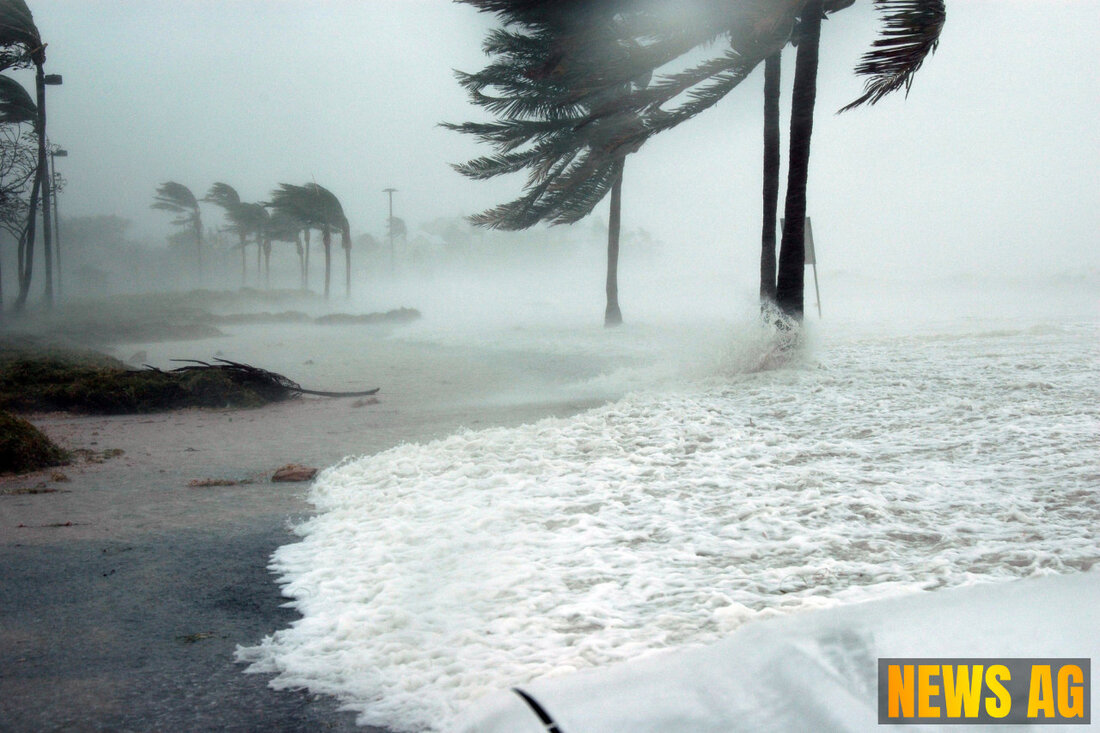Hurricane Helene's Devastation: A Call for Urgent Housing Recovery Efforts

Milton, U.S. - As the hurricane season intensifies, Florida finds itself grappling with the profound challenges posed by disasters, highlighted by the recent devastation caused by Hurricane Helene. Making landfall in the Big Bend region on September 26, this storm has been described as a “storm of historic proportions” by President Joe Biden, echoing the catastrophic impacts felt across the southeastern U.S. and the ongoing struggle for recovery in vulnerable communities. According to Disaster Philanthropy, immediate needs following hurricanes typically include debris removal, temporary repairs, and critical access to food, water, and medical support for those reliant on power for health care.
The aftermath of Hurricane Helene has left many facing not only physical destruction but also a profound housing crisis. The National Low Income Housing Coalition (NLIHC) notes that marginalized groups and individuals with the lowest incomes are often the hardest hit, facing the longest recovery paths. With many homes damaged or destroyed, especially in areas like northern Tampa Bay and towns such as Cedar Key and Perry, the need for both temporary housing relief and permanent solutions has never been more pressing. This has led to a situation where, as the Disaster Philanthropy report highlights, cash assistance has become vital. It provides families the flexibility to address their most urgent needs while supporting economic recovery.
The Housing Affordability Crisis
Compounding the effects of disasters like hurricanes is the existing housing affordability crisis in the U.S., where over 7.1 million affordable homes are needed for extremely low-income families. As reported by Disaster Philanthropy, only 35 affordable homes exist for every 100 extremely low-income renter households, forcing many to spend significant portions of their income on rent. This crisis is exacerbated in times of disaster, making federal recovery efforts even more critical. Historically, these efforts have often failed to adequately support those who need it most, leaving many in desperate situations.
Moreover, the complexities of disaster insurance further complicate recovery. Flood damage requires separate policies, and insurance coverage varies significantly. With an average insurance rate increase of over 40% in recent years—some states seeing increases as high as 76%—many residents are left without necessary coverage when they need it most, as highlighted by Habitat for Humanity’s commitment to creating equitable post-disaster recovery solutions.
Support Efforts and Community Resilience
The response following Hurricane Helene has seen numerous organizations rallying to support affected communities. The Disaster Housing Recovery Coalition (DHRC) is actively providing advocacy, technical assistance, and resources, including launching webinars to discuss the impacts on housing and recovery efforts. The importance of cash donations as a direct method of support cannot be overstated. Various organizations, including the Community Foundation of Sarasota County and Ability1st in Florida, are actively accepting contributions to aid those affected.
Habitat for Humanity has stepped into this fray, not only focusing on recovery but also on building stronger, more resilient communities. Their Pathways to Permanence approach underscores the need for trauma-informed, equity-centered solutions. They emphasize preparedness and long-term recovery to ensure that communities do not merely survive disasters but thrive in their aftermath. Their work spans global contexts, offering examples such as constructing wildfire-resilient homes in California and providing essential resources to earthquake survivors in Nepal.
Florida’s recovery from disasters like Hurricane Helene is a stark reminder of the work that lies ahead. The challenges are significant, yet with collective effort and a strong commitment to equity, communities can begin to rebuild their lives and ensure safety from future storms.
For more information on how you can help and to stay informed about ongoing recovery efforts, be sure to visit the following resources: Disaster Philanthropy, NLIHC, and Habitat for Humanity.
| Details | |
|---|---|
| Ort | Milton, U.S. |
| Quellen | |
